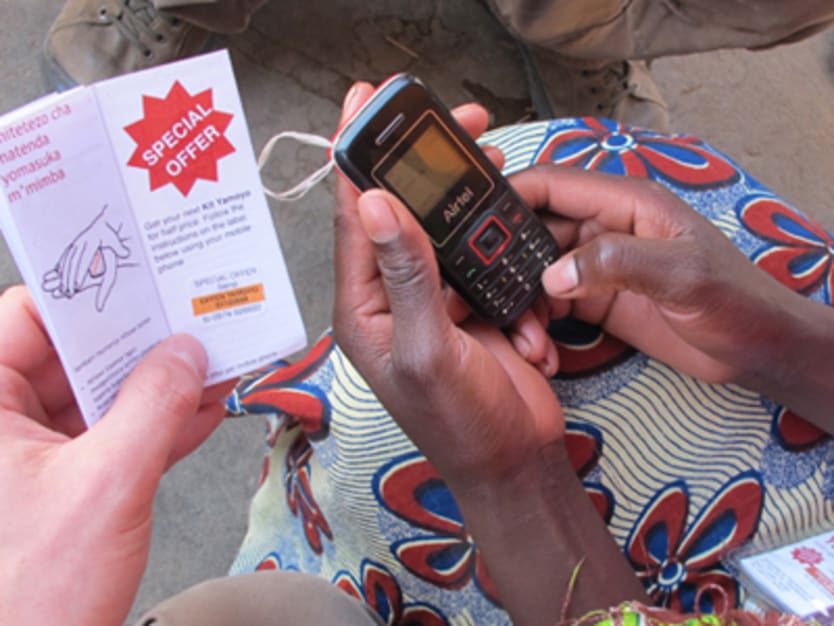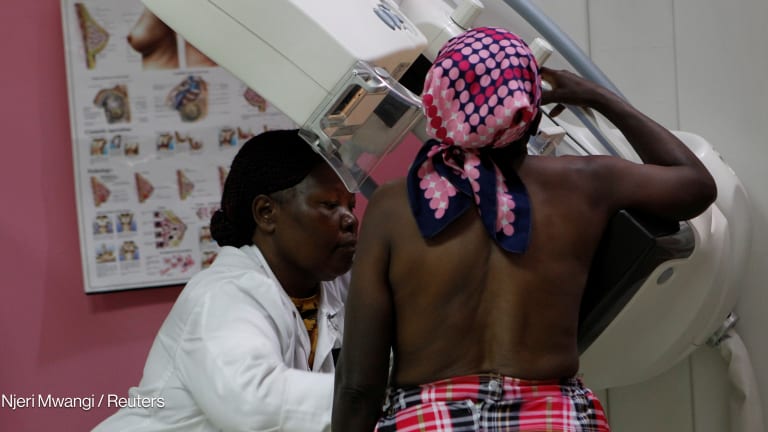
Here’s another mHealth challenge a group of partners aims to address: Ensuring the privacy of patients.
The mHealth Alliance, Thomson Reuters Foundation, global law firm Baker & McKenzie and pharmaceutical company Merck have agreed to work together on several case studies on using mobile technology in health in seven countries — Bangladesh, Chile, India, Nigeria, Peru, Tanzania and Uganda. The goal: “Identify gaps that must be addressed to protect health data transmitted over mobile devices.”
The project stemmed from a 2011 World Health Organization, which said that the privacy and security of patients’ health information pose problems in the expansion of mHealth, according to a news release. This, however, is just one of the many challenges those working in the field face. Others include communication between health professionals and tech people, and the lack of sufficient data for researchers aiming to identify best practices, as Devex correspondent Jaclyn Schiff reported in July.
Donors have increasingly recognized the promise of mobile technology in improving health care delivery. Testament to this is the number of challenges that have called on innovators to make use of mobile phones in providing health care in rural areas, where access is limited.
But there is an “increased risk that electronic medical data could be misused,” said Michael J. Wagner, chair of the Global Pharmaceutical & Healthcare Industry Group at Baker & McKenzie.
The partners will research and analyze government policies, laws and standards on the issue. They aim to provide a policy analysis, identify best practices and recommend steps in closing policy gaps in the “secure use of mHealth data” sometime next year.
Read more development aid news online, and subscribe to The Development Newswire to receive top international development headlines from the world’s leading donors, news sources and opinion leaders — emailed to you FREE every business day.








